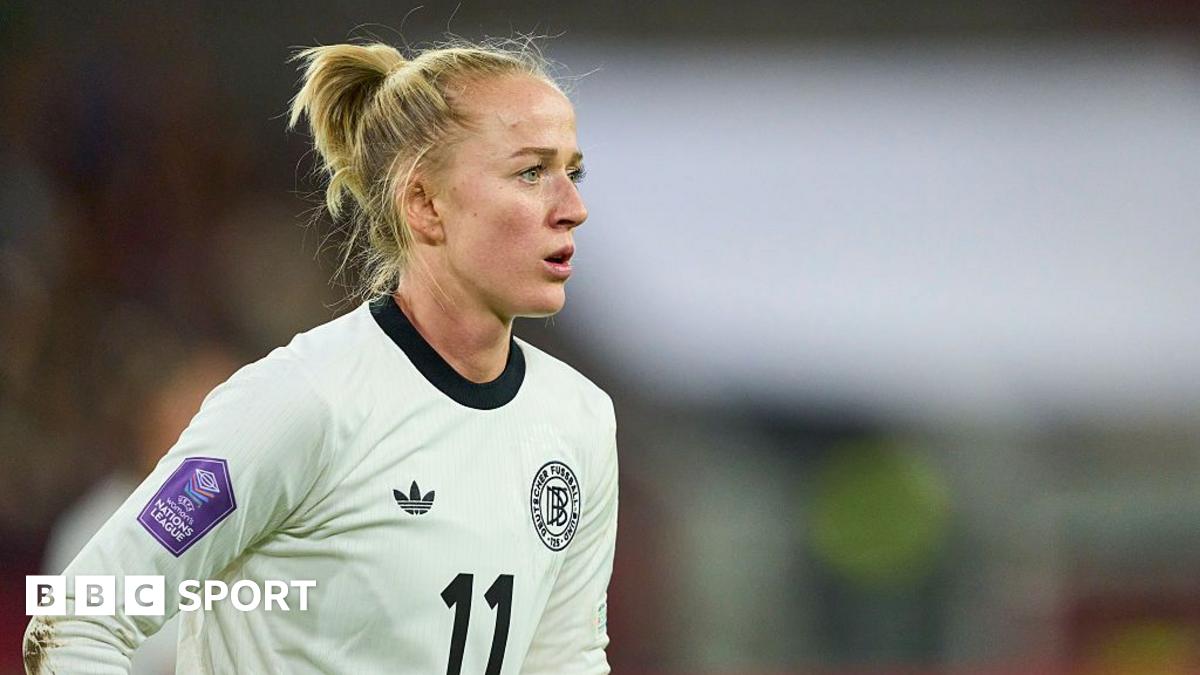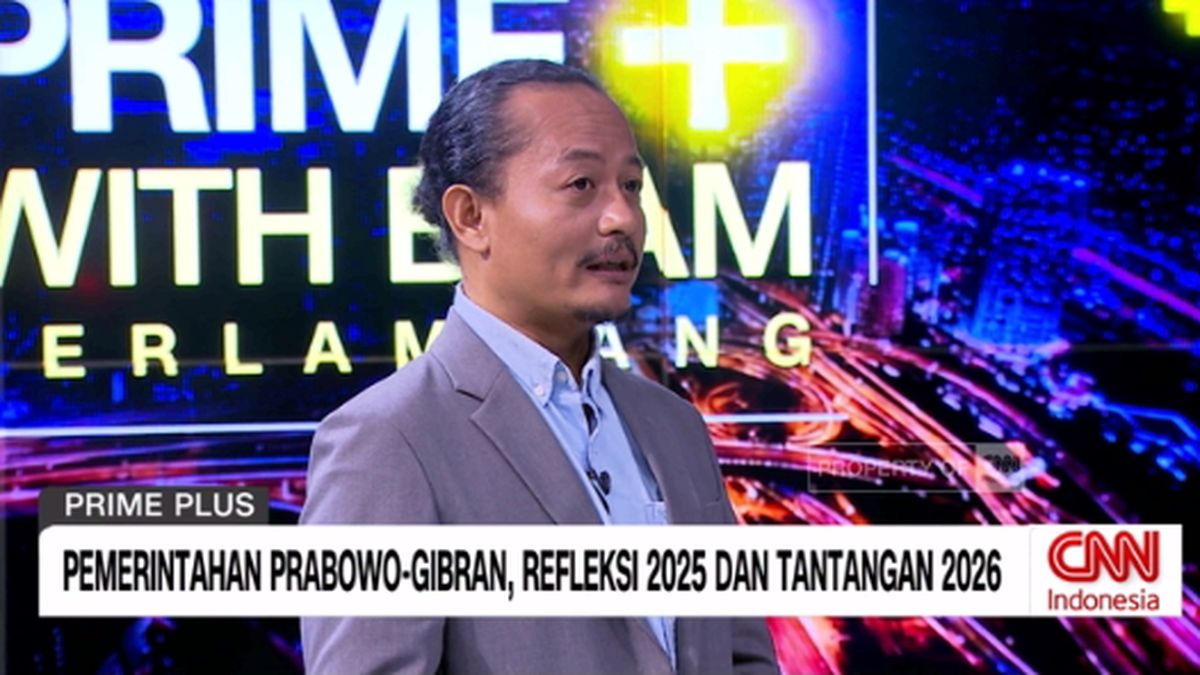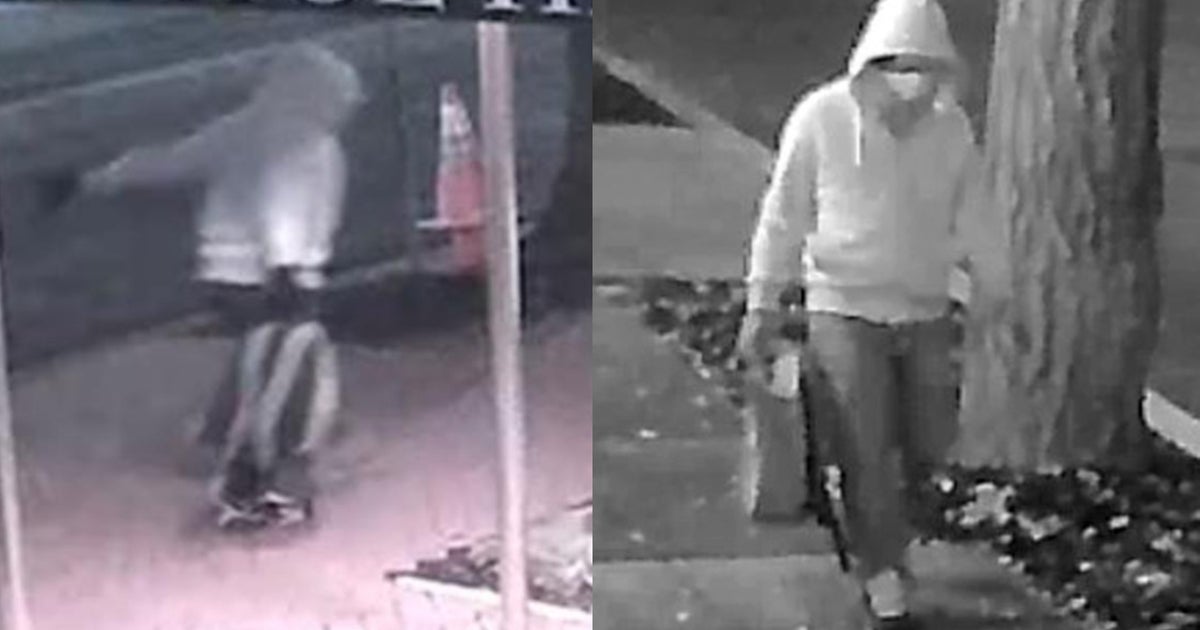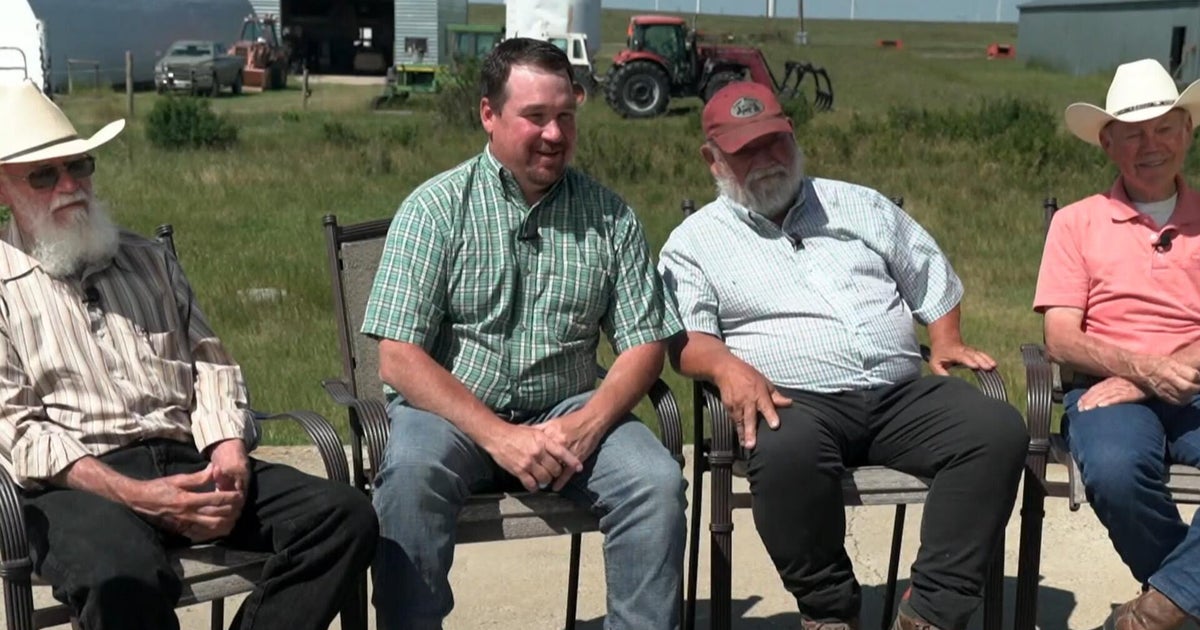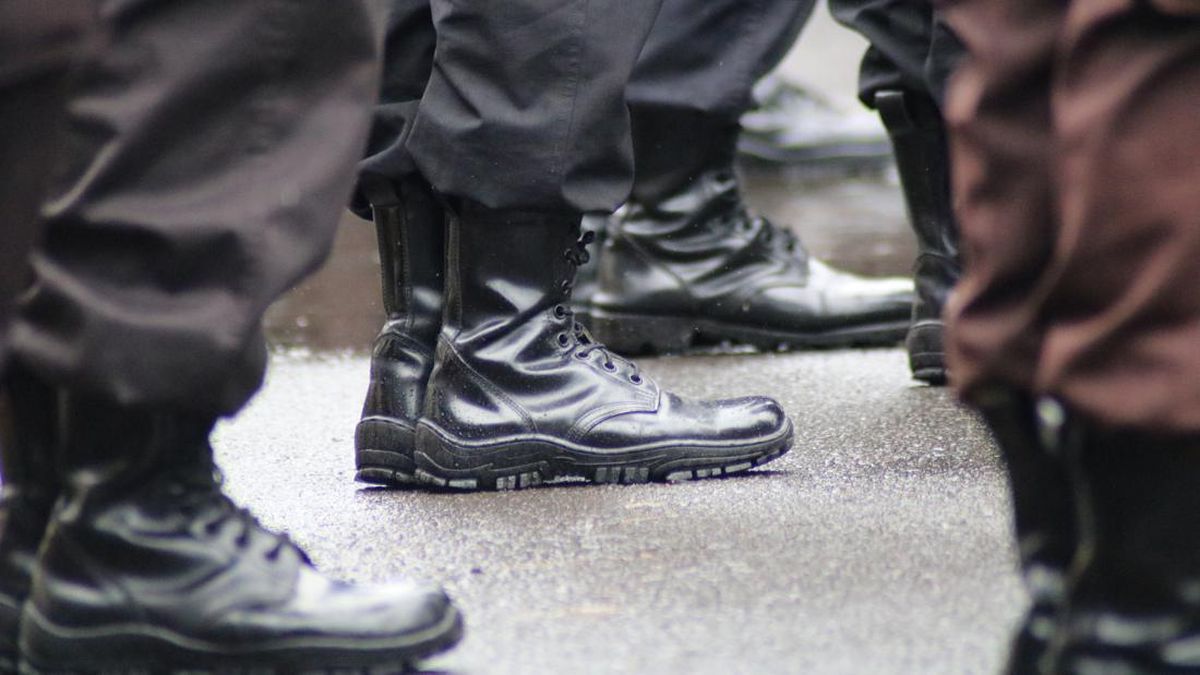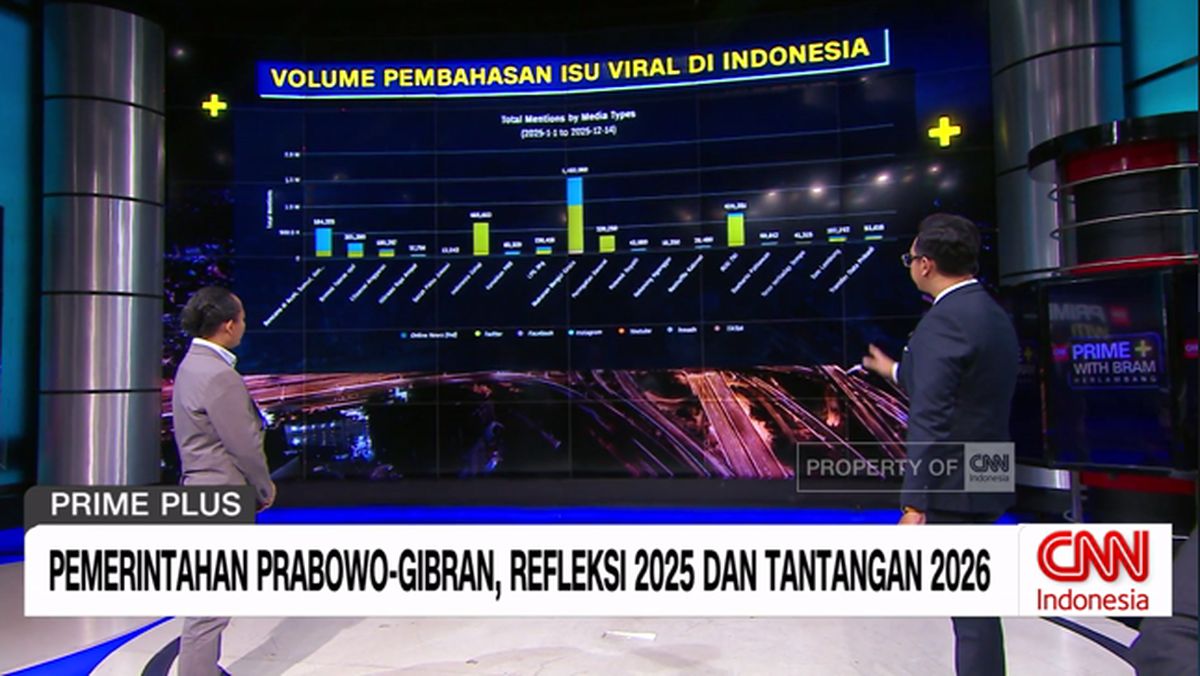By Elissa Doherty
September 4, 2025 — 4.30am
Expert tips to help you do your best in this year’s VCE, plus meet the students doing Year 12 differently.
See all 5 stories.Victorian students have more choice than ever in their senior years, with a growing number opting for hands-on courses that speak to a fast-evolving workplace.
From nursing to trades, digital technology and early childhood education, students are increasingly embracing applied learning options.
Interest is surging in the VCE Vocational Major (VCE VM), introduced in 2023 for students wanting to take a skills-based rather than academic pathway.

VCAA chief executive Andrew Smith says more students and schools are embracing the VCE Vocational Major, which offers skills-based training.
Enrolments rose almost 20 per cent in its second year – from 22,300 to 26,600 across metropolitan, regional and rural areas.
Andrew Smith, the new CEO of the Victorian Curriculum and Assessment Authority (VCAA), says there is growing acceptance that the broader range of pathways are “valid and inclusive ways for young people being able to achieve their aspirations”.
He says the enthusiasm for the VCE VM is evident not just among students but also across schools.
“Many schools are telling us that this is engaging a wider group of students who might not have been as engaged with an ATAR pathway, and that’s helping with student retention as well their engagement,” Smith says.
Loading
“This is all really important because young people are leaving with a qualification and a VCE qualification that suits their interests and needs.“
Graduating with an employability ‘edge’
VCAA figures show the number of year 12 students successfully completing a senior secondary certificate has increased significantly, from 91.7 per cent in 2021 to 97.5 per cent in 2024.
The two-year VCE VM allows students to build competencies in literacy and numeracy while gaining industry experience in fast-growing industries.
Students complete at least 180 hours of a Vocational Education and Training (VET) subject as part of the VCE VM, giving them practical experience and an employability edge.
Loading
It prepares students for apprenticeships, traineeships, further education and training, university, or a job straight after school.
Studying a VET subject can contribute to a student’s ATAR.
The Victorian Pathways Certificate (VPC) has also been introduced as a flexible option to support students who aren’t yet ready or unable to undertake the VCE.
All senior secondary certificates in Victoria now include the option to integrate VET subjects, allowing students to personalise their education while exploring specific industries.
Smith says the changing nature of work is highlighting the need for transferable skills that can be applied across multiple roles and industries.
Flexibility gives students greater choice
Students can choose a VET subject in high-demand industries such as building and construction, digital technologies and renewable energy.
Loading
Ultimately, says Smith, a student’s interests and aspirations should be at the heart of any decision they make in their senior years.
“They should think about what it is they’d like to do, what interests them, and choose a program that fits that,” he says.
“Because, what we know about young people, if they’re enjoying their studies, they’re engaged in their studies, they will be more successful in their studies.
“And what we also should remember, or families should remember, is that the choices that a young person makes now are not choices for life. The ATAR doesn’t define them. But, also, there are many pathways through vocational education, into tertiary study as well as into work.
"So, there is flexibility in the system that young people can take advantage of.”
Most Viewed in National
Loading



